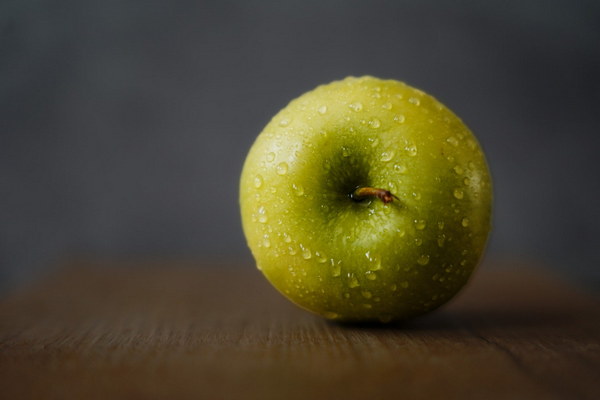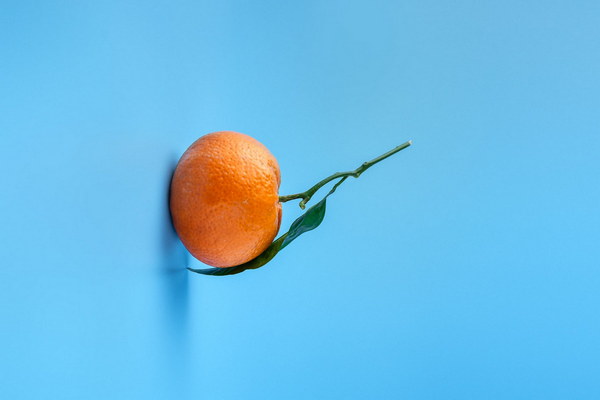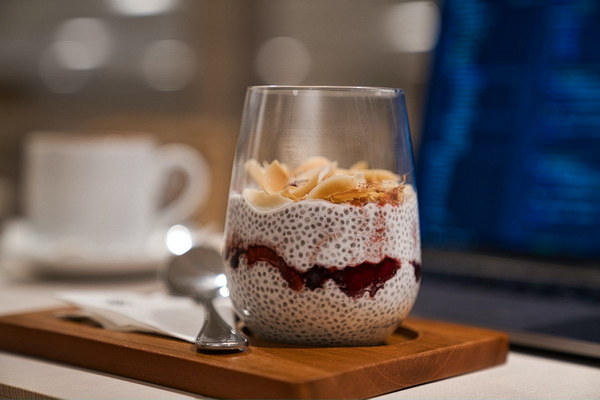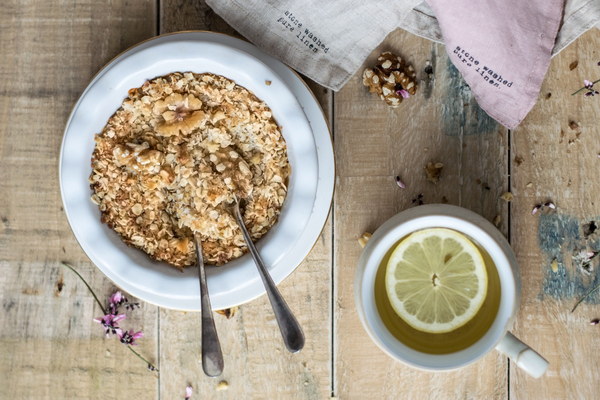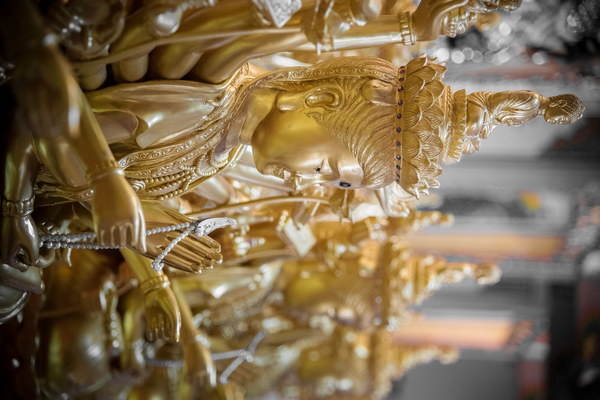Revitalize Your Body Discover the Magic of Traditional Chinese Herbs for Moisture Removal and Qi Enhancement
In the realm of traditional Chinese medicine, there is a profound understanding of the human body's internal balance and the importance of maintaining it. One of the core concepts in this ancient practice is the concept of Dampness and Qi, which are essential to our overall health and well-being. In this article, we will explore the fascinating world of Chinese herbs that help in removing dampness and enhancing Qi, leading to a healthier, more vibrant life.
Dampness is a common condition in traditional Chinese medicine, characterized by symptoms such as fatigue, bloating, weight gain, and joint pain. It is believed that dampness is caused by an imbalance in the body's Yin and Yang energies, leading to the accumulation of moisture in the tissues. To combat this condition, Chinese medicine employs herbs with drying and warming properties, which help to expel dampness and restore the body's balance.
One of the most well-known herbs for removing dampness is Atractylodes macrocephala, also known as cang Zhu. This herb is often used in formulas to strengthen the spleen and stomach, which are considered the roots of dampness. Cang Zhu has a sweet and pungent taste and is considered to be warm in nature. It is effective in reducing dampness, promoting digestion, and alleviating symptoms such as fatigue and bloating.
Another herb that is commonly used for dampness is Poria cocos, also known as Fu Ling or Poria. This herb is known for its sweet and neutral taste, making it an excellent choice for balancing the body's fluids. Poria cocos is believed to aid in draining dampness and clearing phlegm, which can help alleviate symptoms such as coughs, wheezes, and sinus congestion.
When it comes to enhancing Qi, or vital energy, there are several herbs that can be used to restore balance and vitality. Astragalus membranaceus, also known as Huang Qi, is one of the most widely used herbs in traditional Chinese medicine for this purpose. Huang Qi has a sweet and slightly bitter taste and is considered to be slightly warm in nature. It is renowned for its ability to boost the immune system, enhance energy levels, and improve overall health.
Another herb that is excellent for Qi enhancement is Codonopsis pilosula, also known as Dang Shen. Dang Shen is known for its sweet taste and slightly warm nature. It is believed to nourish the Qi and blood, improve memory, and reduce fatigue. This herb is often used in formulas to support the adrenal glands and improve overall vitality.
In addition to these herbs, there are many other traditional Chinese herbs that can be used for moisture removal and Qi enhancement. Some of these include:
- Cinnamon: Known for its warming properties, cinnamon is excellent for expelling dampness and enhancing Qi.
- White Atractylodes: Similar to cang Zhu, white atractylodes is used to strengthen the spleen and stomach, reducing dampness.

- Licorice root: Known for its sweet taste, licorice root is often used in formulas to harmonize the other herbs and support the body's Yin and Yang energies.
It is important to note that while these herbs can be beneficial for moisture removal and Qi enhancement, they should be used under the guidance of a qualified practitioner. Traditional Chinese medicine is a holistic practice that takes into account the individual's unique constitution, lifestyle, and environment when creating a treatment plan.
In conclusion, the magic of traditional Chinese herbs for moisture removal and Qi enhancement can lead to a healthier, more vibrant life. By understanding the concepts of dampness and Qi, and utilizing the power of these natural remedies, we can achieve a state of balance and harmony within our bodies. Embrace the wisdom of ancient medicine and unlock the secrets to a healthier, happier you.
